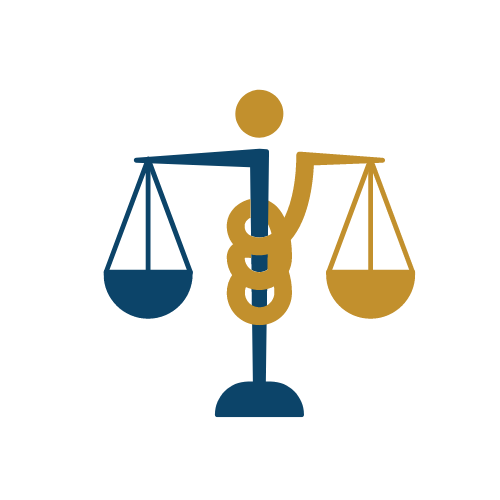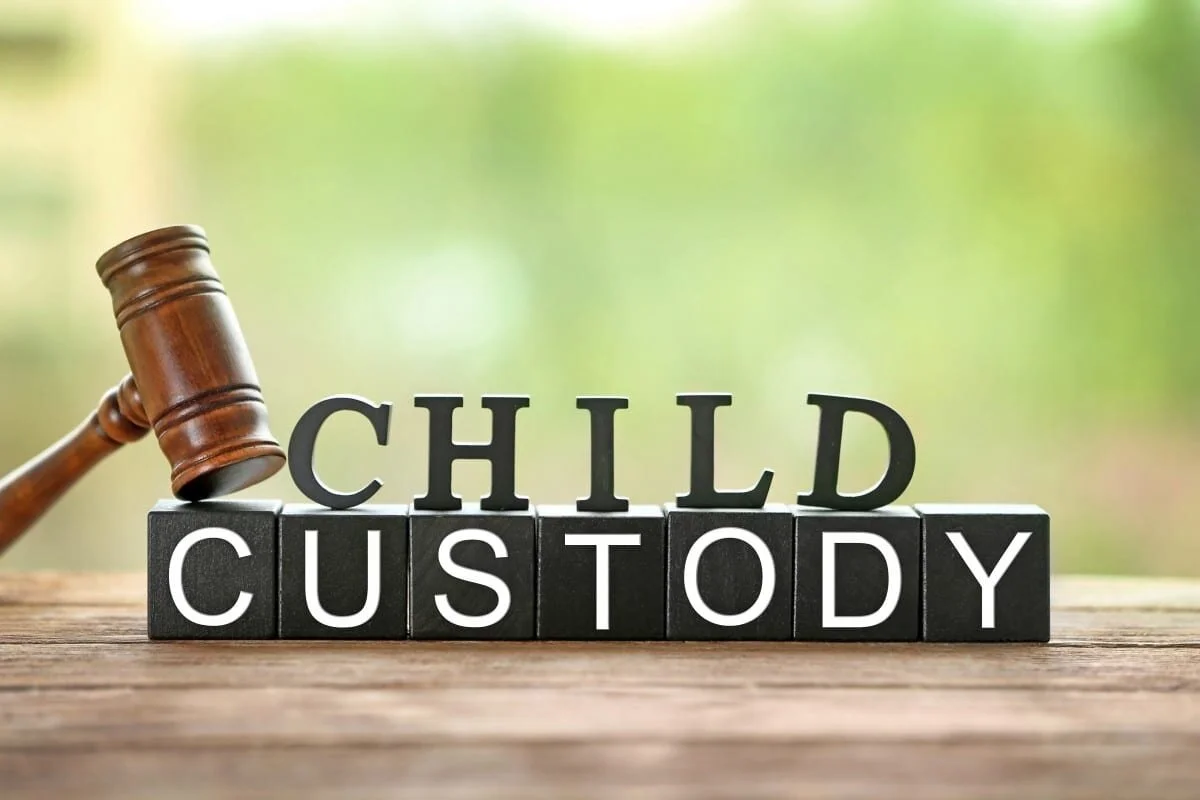Child Custody & Visitation
The focus of the family court is making child custody orders that are in the child’s best interest. The Court’s goal is to safeguard and promote a child’s health, education and welfare. Child custody and child visitation disputes require a family law attorney to possess distinct skills and knowledge surrounding child custody law. It is essential that your family law attorney is proficient in litigation and experienced regarding mediation, Evidence Code 730 child custody evaluations, and the psychological testing that accompanies the evaluation process. Arthur J. Travieso is a compassionate attorney with the dedication, skills and knowledge necessary to ensure your children are properly protected, which is why issues involving child custody and child visitation are among his specialties.
Defining Child Custody
Put simply, Child Custody involves issues pertaining to minor children and usually encompasses and identifies each parent’s responsibility for decisions pertaining to their Minor Child’s health, education and welfare. It also encompasses other child support issues like time share arrangements between the children and their parents. Frequently, divorcing parents have disagreements with respect to their minor children. Which parent will be responsible for which day to day decisions for the children? What time share arraignment is in the best interest of the minor children? How to deal with each other regarding the children in a manner that serves the best interests of the children. These are common Child Custody issues.
There are two kinds of child custody decisions:
Physical Child Custody
Legal Child Custody
Physical Child Custody
Physical child custody refers to the time the children will live with each parent after Divorce proceedings have been finalized. If the Parents are sharing time with the children in a substantially equal manner, this is generally referred to as Joint Physical Custody. If one parent has the predominant amount of time with the children and the other parent is but an infrequent visitor in the children’s lives, then that generally describes a Sole Legal Custody order.
Joint Physical Custody
The definition of Joint Physical Custody does not require an equal sharing of the children’s time between the parents. Substantial periods of time with each parent is what Joint Physical Custody envisions.
When parents can’t agree, the time allocation (Physical Custodial Timeshare) depends on many factors including each parent’s job or lifestyle to help determine how much time can be devoted to the child. Geography can also play a role based on where the child goes to school or participates in extracurricular activities and where each parent intends to reside.
Sole Physical Custody
A court may decide to award sole physical custody to one parent based on a variety of reasons such as one parent resides far from the child’s home or is prone to travelling a lot. Alternatively, the court may choose this option if there is evidence of domestic abuse or substance abuse.
Legal Child Custody
Legal child custody refers to the right and responsibility of making important decisions about the child’s upbringing including those associated with health, education, recreational activities, religion and many more.
Like Physical Child Custody, there are both Joint and Sole Legal Custody arrangements that can be made in child custody and visitation matters. The State of California’s preference is to award two capable parents Joint Legal Custody. In other words, both parents are required to consult with one another, and reach agreements on issues relating to their children.


